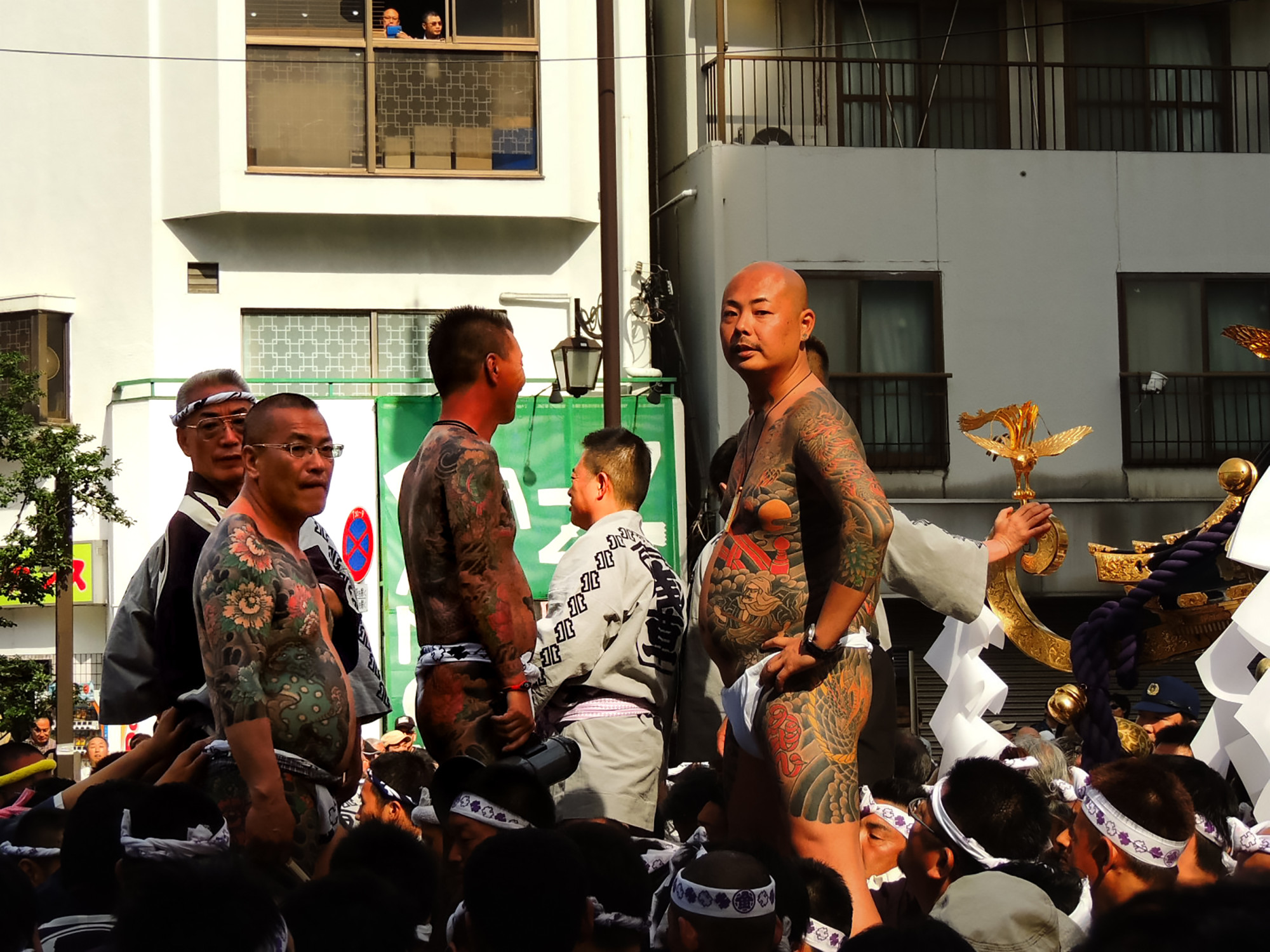
Massive 700kg ‘ice’ haul spotlights Japanese yakuza links with Chinese gangsters
- The drugs are believed to have come from China, raising concerns Chinese gangsters could seek to gain a greater foothold in Japan
- Yakuza gangs have been struggling to reassert themselves after years of crackdowns and feuding, with some turning to drugs and guns to fund their operations
The arrest of seven Chinese nationals over a 700kg haul of crystal methamphetamine – powdered and packed into wooden boards and transported into Japan – has raised fears of increasing links between overseas triads and yakuza gangsters, whose waning influence is fuelling a need for drug income.
The seizure, the second largest of its kind made by Japanese police, had a street value of around US$310 million.
The price of the highly addictive crystal meth soars in Japan, which is far from the main Asian producer nation of Myanmar and separated by sea from the regional hub of precursor chemicals – China.
Two of the Chinese nationals were arrested last Thursday after a weeks-long police surveillance operation in Tokyo and the surrounding prefectures of Kanagawa, Saitama and Chiba, the Asahi newspaper quoted National Police Agency officials as saying.
Five others were arrested earlier in April, the report said, as police allowed the syndicate to operate for several weeks in order to catch more suspects.
The powdered drugs were concealed inside 175 large boards used in construction which had been hollowed out inside, the paper reported.
They were transported to Tokyo in early March, in seven containers aboard a ship which originated in Dubai but made a port call in the Chinese city of Ningbo.
While Japanese police have remained tight-lipped on the exact criminal networks behind the seizure, experts say the scale of the bust points to a complicated criminal nexus between domestic and foreign gangsters.
“It used to be entirely Japanese actors and it was easier for the authorities to monitor and contain these groups,” said Shinichi Ishizuka, a law professor and director of the Criminology Research Centre at Kyoto’s Ryukoku University.
“That is now changing and causing more problems.”

Yakuza gangs are also struggling to survive and reassert their position after years of crackdowns and feuding.
Ishizuka said a series of shootings in recent months between rival gangs as they tried to protect their traditional areas of influence pointed to the fragmentation and loss of power the gangs were facing.
To solidify their status, they were instead linking with Chinese groups to obtain guns and narcotics that they could sell to fund their other operations, he added.
And he fears that Chinese groups could see growth opportunities in Japan and seek to gain a greater foothold in a potentially lucrative market.
“There are around 10,000 arrests for meth every year but I see this as a growing, worsening problem,” he said. “And that makes Japan an appealing market for gangs that could take over from the weakened Japanese organised crime groups.”
The amount seized was the second-largest in Japan after a 1-ton cache of crystal meth arrived at a small port in Shizuoka prefecture, south of Tokyo, in June 2019.
At the time police detained seven Chinese and a number of Japanese, the culmination of an 18-month surveillance operation triggered by suspicions over one of the Chinese – ostensibly unemployed and with no apparent source of income – making frequent journeys between Japan and Hong Kong.
“I believe the metropolitan police unit behind these latest arrests was also in charge of the 2019 case in Shizuoka,” said Jake Adelstein, author of Tokyo Vice: An American Reporter on the Police Beat in Japan and an authority on the nation’s underworld groups.
“That strongly suggests that the organised crime group was the same in both cases,” he told This Week in Asia.
Adelstein believes it is unlikely the drugs were loaded aboard the freighter in the Middle East and says a far more likely scenario is the consignment coming from China.
“China is a big supplier of meth, with some also coming from North Korea but being delivered through China,” he said.
In Japan, on the other hand, it is extremely difficult to manufacture narcotics, meaning that all supplies need to be imported, he said.
“It is a business arrangement, with the Chinese providing the product and transporting it to Japan, where they work with their Japanese underworld partners to distribute and sell,” he added.
Japan’s yakuza groups have been struggling in recent years, due in large part to a fierce government crackdown that has seen groups’ memberships decline and rival gangs fighting for a shrinking portion of their traditional sources of income.
The Kobe Yamaguchi-gumi is particularly struggling as it is losing its gang war with the Yamaguchi-gumi, which it split from in 2015, Adelstein said, describing it as “increasingly desperate for income”.
While many gangs in the past would not get involved in the drug trade, he added, the Kobe Yamaguchi-gumi was now embracing narcotics as it needed income to stabilise its position.

